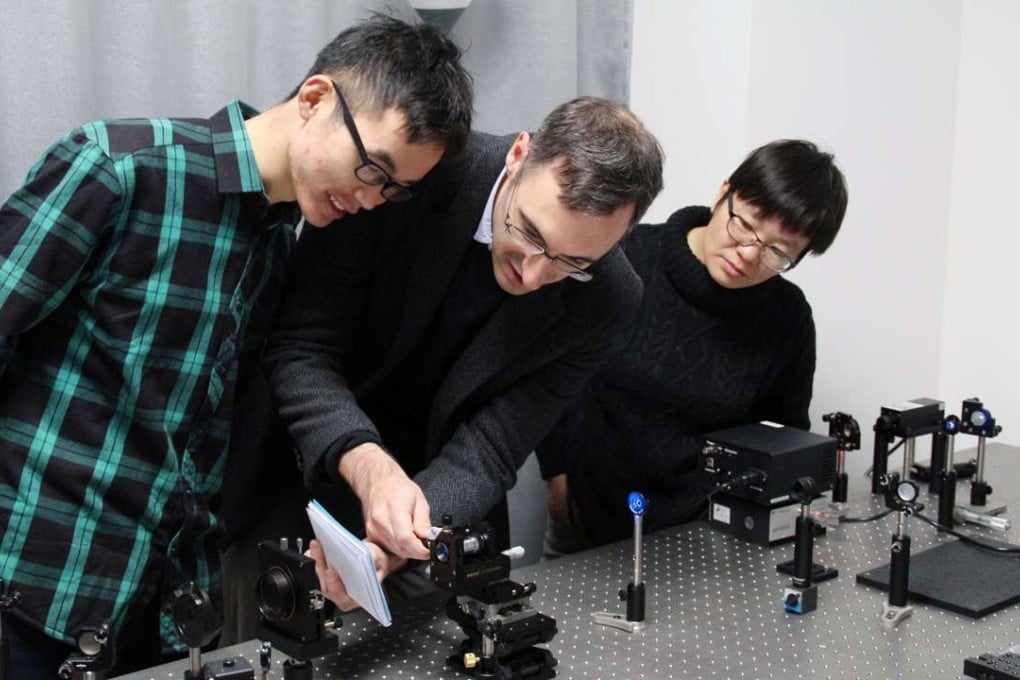Why money and prestige aren’t enough to lure foreign scientists to China
Beijing’s heavy investment in Thousand Talents programme has led to only moderate progress

When Italian physicist Giulio Chiribella came across a faculty job opening in a newsletter in 2011, he had no idea that Tsinghua University, a school he had hardly heard of, would be where he took his next step into the magical world of quantum mechanics.
Then a senior postdoctoral fellow at a Canadian institute, Chiribella was struggling to find a tenured position in Europe or North America. But when he arrived in Beijing for the job interview, Tsinghua surprised him with a long list of research projects and a class of curious undergraduates longing for his lectures on quantum information theory.
If you can get these pioneers to come not just as members, but leaders, then they set a beacon for the others
“I was struck by the enthusiasm and the desire to grow,” Chiribella told the South China Morning Post. “It was a feeling that people value you and need you.”
Eager to transform the world’s factory into a hi-tech economy, China is targeting not only returning Chinese but also foreigners to boost its scientific capabilities.
But despite the money and prestige being offered by Beijing, the journey to the East has yet to become a mainstream choice for budding scientists around the world.
Although the few pioneers praise the resources and support they have found in China, cultural barriers and a lack of confidence in the country’s academic system are keeping most young scholars away.
